Welcome to the digital age, where almost everything is done online. From shopping for groceries to booking a flight, the internet has revolutionized our way of life. As such, businesses have adapted their marketing strategies to meet the demands of this digital era. This is where digital marketing comes in. In this article, we will explore what digital marketing entails, its various types and benefits as well as drawbacks. We’ll also share some necessary skills required for success in this field and how you can get started with it yourself! So grab a cup of coffee and let’s dive into Everything You Need To Know About Digital Marketing!
What Is Digital Marketing?

Digital marketing is a broad term used to describe the various ways businesses use digital channels such as social media, email, search engines, and websites to promote their products or services. Unlike traditional forms of marketing that relied on print and broadcast media, digital marketing uses online platforms to reach potential customers.
One of the main advantages of digital marketing is its ability to target specific audiences with precision. Businesses can create customized campaigns based on user demographics such as age, gender, location, interests, and behaviors.
Another benefit is the ability to track results in real-time. With tools like Google Analytics and social media analytics platforms, businesses can monitor their campaigns’ performance and adjust them accordingly for better results.
Common types of digital marketing include search engine optimization (SEO), pay-per-click advertising (PPC), content marketing, email marketing, and social media marketing. Each type has its unique approach but shares a common goal: driving traffic and increasing conversions.
Digital Marketing is an ever-evolving field that requires constant learning and adaptation as technology advances.
The Different Types Of Digital Marketing
- Social Media Marketing
- Affiliate Marketing
- Content Marketing
- Online Advertisement
- Mobile Marketing
- Viral Marketing
- Influencer Marketing
- Market Analysis
- Search Engine Marketing (SEM)
- Display Advertisement
- Email Marketing
- Point and Click
- Bulk SMS Marketing
- Data Analytics
The Importance Of Digital Marketing
Digital marketing has become an essential aspect of the modern business world. In today’s digital age, it is crucial for businesses to have a strong online presence in order to reach out to their target audience and stay ahead of the competition.
With its diverse array of tools and techniques, digital marketing offers businesses numerous ways to connect with their customers and build lasting relationships. It allows them to track their progress, measure their success, and adapt quickly based on feedback from customers.
Moreover, digital marketing provides businesses with cost-effective solutions that can help them save money while reaching more people at the same time. By targeting specific audiences through social media advertising or email campaigns, they can increase brand awareness and drive sales without breaking the bank.
Digital marketing is not just a passing trend but a critical component for any business looking to succeed in today’s fast-paced technological landscape. By understanding what it is and how it works, you can take advantage of its benefits and grow your business like never before!
The Benefits Of Digital Marketing
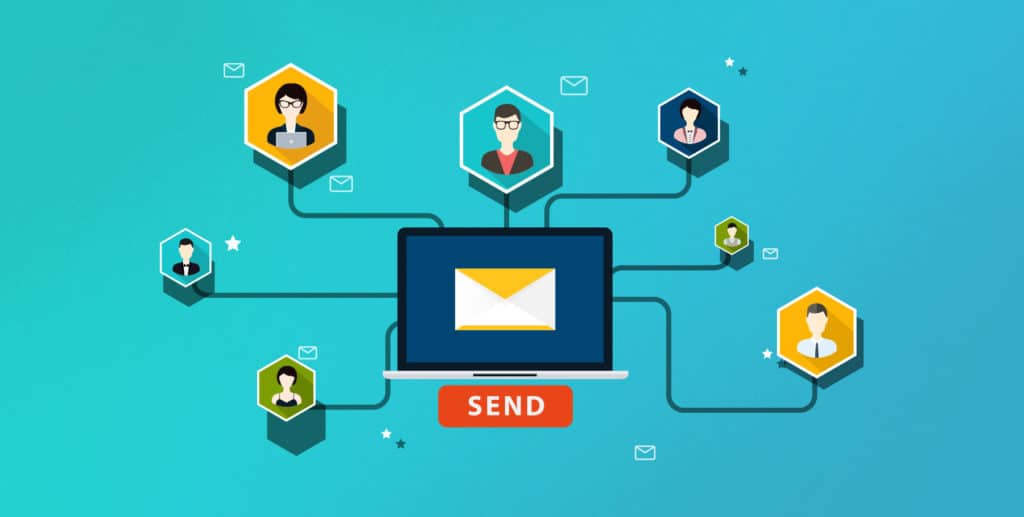
The benefits of digital marketing are vast and varied. One of the main advantages is that it allows businesses to target specific audiences with precision, resulting in higher conversions and better ROI.
Digital marketing also offers a cost-effective solution for small businesses looking to compete with larger companies. With the ability to create targeted campaigns that reach only those who might be interested in their products or services, smaller companies can level the playing field.
Another benefit of digital marketing is its versatility. Businesses can use a wide range of tactics like SEO, PPC ads, social media marketing, email campaigns, and content creation to engage customers across different platforms.
Moreover, digital marketing provides measurable results which allow businesses to see what strategies are working and where they need improvements.
Digital Marketing enables businesses to remain connected with their audience 24/7 through various channels resulting in customer loyalty and increased retention rates.
Digital Marketing is an essential tool for any business looking to grow its online presence while reaping numerous rewards along the way.
The Drawbacks Of Digital Marketing
While digital marketing can offer a lot of benefits to businesses, it’s important to acknowledge that there are also some drawbacks. One potential drawback is the cost associated with digital advertising. Depending on the platform and target audience, costs can add up quickly.
Another disadvantage of digital marketing is the level of competition. With so many companies vying for attention online, it can be difficult to stand out from the crowd and attract potential customers. This means businesses need to invest more time and money into creating high-quality content that will capture their audience’s attention.
One major concern surrounding digital marketing is privacy issues. Consumers are becoming increasingly aware of how their personal data is being collected and used by companies through targeted ads. As a result, brands must ensure they’re using ethical practices when collecting customer information.
Just because you have an online presence doesn’t mean everyone sees your content or visits your website consistently. It takes time and effort for businesses’ organic rankings to improve on search engines like Google which makes achieving success with digital marketing feel slow sometimes.
While digital marketing offers numerous advantages in terms of targeting specific audiences and increasing brand awareness – it’s essential not to ignore its drawbacks as well before investing resources in this field!
List Of Digital Marketing Skills
In order to become a successful digital marketer, one needs to possess a variety of skills. Here are some of the most important ones.
Analytics And Data Interpretation
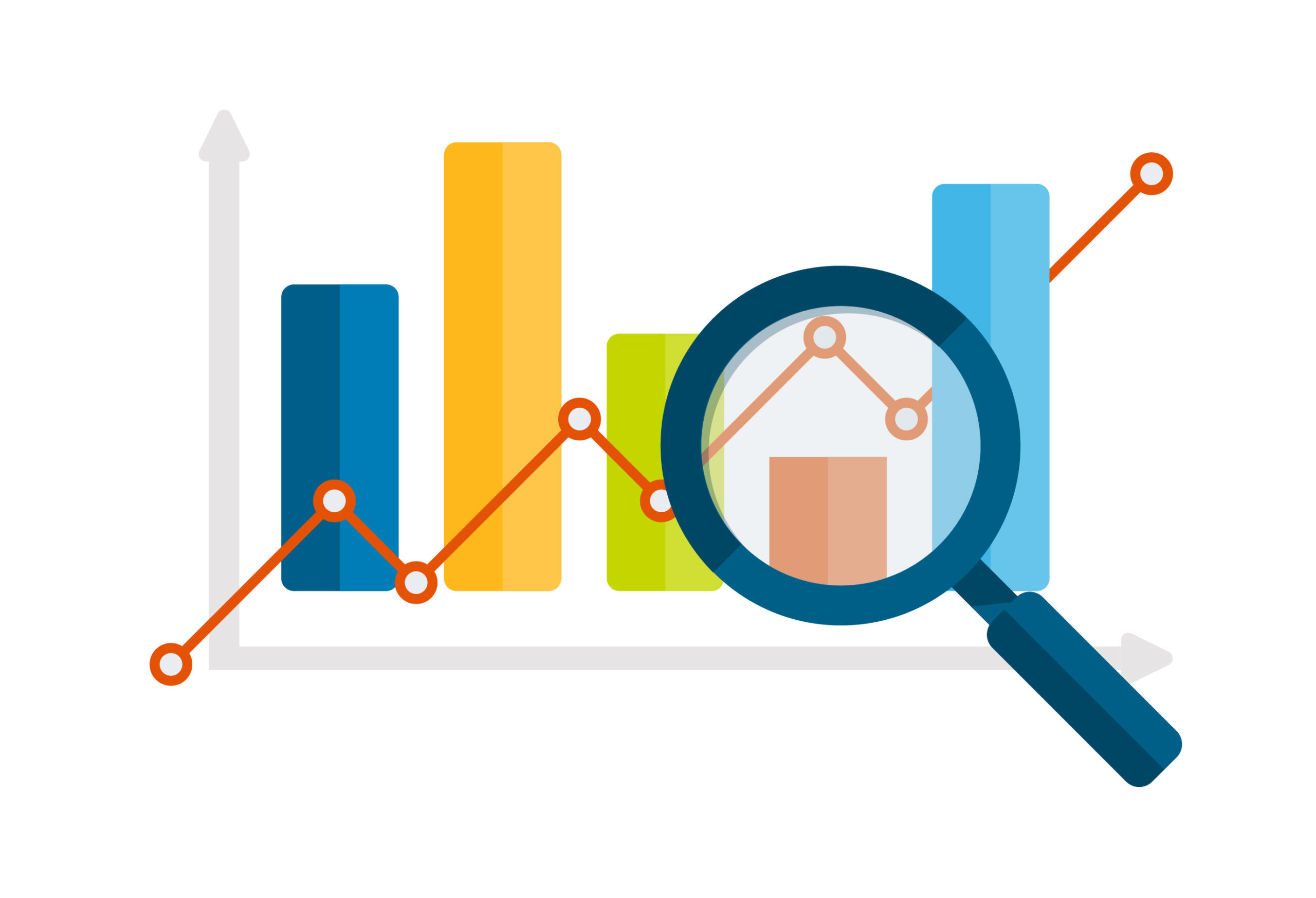
Analytics and data interpretation in digital marketing involves collecting, analyzing, and interpreting data to inform marketing decisions. It encompasses various skills like using web analytics tools to track website performance, setting up KPIs to measure campaign success, conducting A/B testing to optimize website design and content, developing reports and dashboards to communicate insights to stakeholders, identifying trends and patterns in data to make informed decisions, using statistical analysis to test hypotheses and make recommendations, and staying up-to-date with industry trends and best practices.
By understanding analytics and data interpretation, digital marketers can identify areas of improvement, make data-driven decisions, and optimize campaigns for better performance. This allows businesses to reach their target audience more effectively, improve customer engagement and satisfaction, and ultimately achieve their marketing goals.
Social Media Marketing
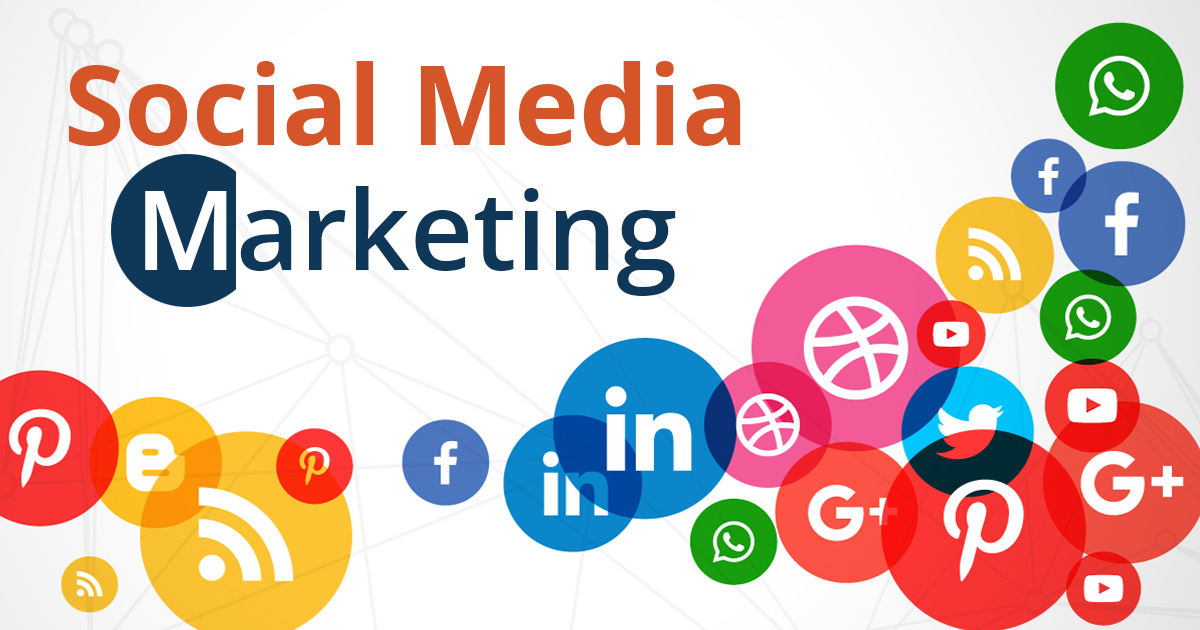
Social media marketing refers to the use of social media platforms such as Facebook, Twitter, Instagram, LinkedIn, etc., to promote a product or service. It involves creating and sharing content on social media networks with the aim of achieving specific marketing goals, such as increasing brand awareness, driving traffic to a website, generating leads, or increasing sales. Social media marketing may also involve engaging with followers or customers through interactions such as comments, likes, shares, and direct messages.
Search Engine Optimization (SEO)
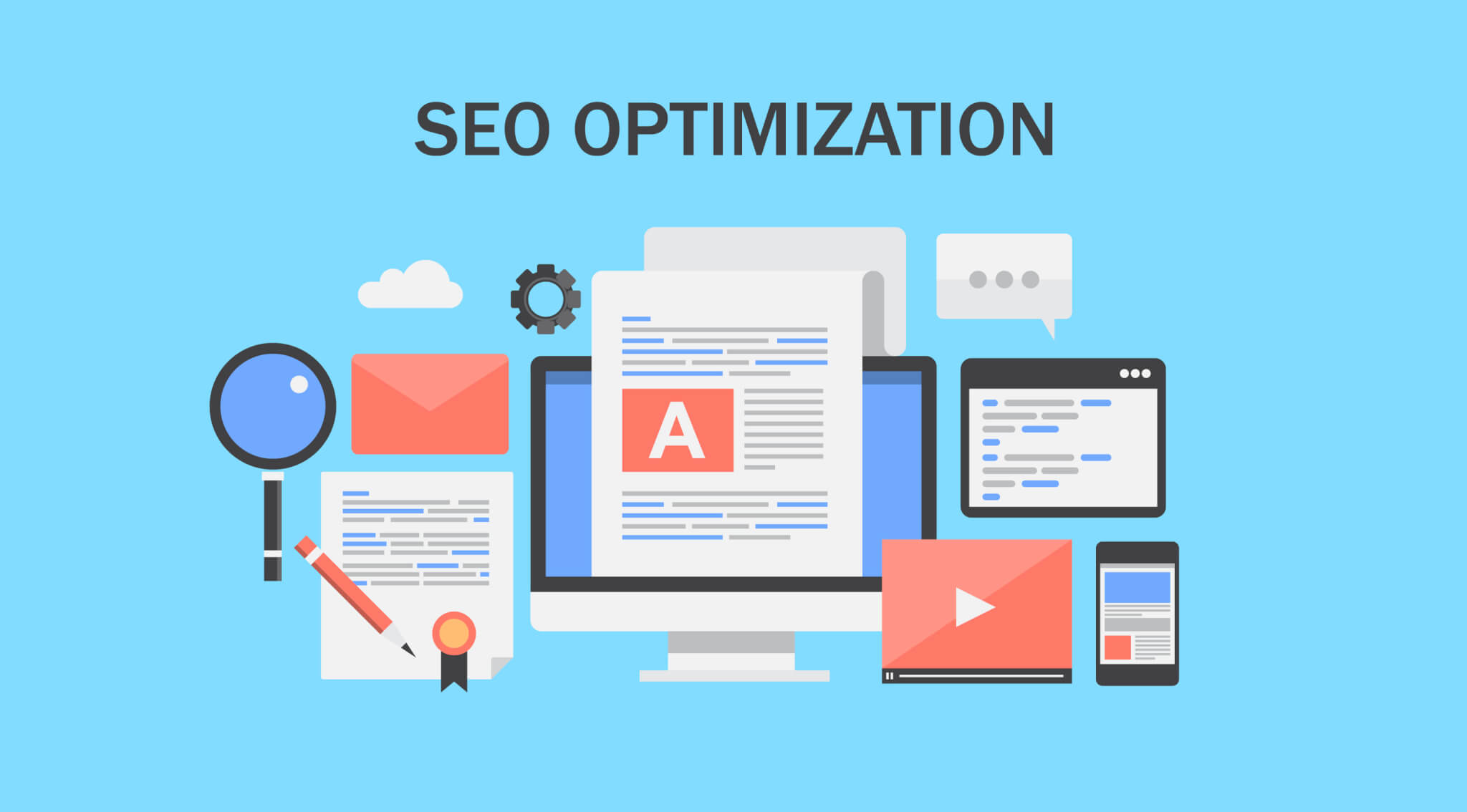
Search engine optimization (SEO) is the practice of optimizing a website to improve its ranking and visibility in search engine results pages (SERPs). This involves making changes to a website’s content and structure to make it more attractive to search engines like Google, Bing, and Yahoo.
By improving a website’s SEO, it becomes more likely to appear at the top of search engine results pages when users enter relevant keywords or phrases. SEO includes practices such as keyword research, optimizing on-page content, building backlinks, improving site speed and mobile-friendliness, and more.
Email Marketing
Email marketing is a digital marketing strategy that involves sending promotional messages or advertisements to a group of people via email. It is often used by businesses to promote their products or services, build brand awareness, and drive sales. Email marketing can be highly effective when done correctly, as it allows businesses to reach a large audience quickly and at a relatively low cost compared to other marketing channels.
Content Creation And Management (Content Marketing)

Content creation is the process of developing and producing written, visual, or audio materials that are intended to inform, entertain or educate a target audience. This can include blog posts, social media updates, videos, podcasts, infographics, and more.
Content management, on the other hand, involves the ongoing organization, maintenance, and optimization of this content. This includes tasks such as editing, publishing, archiving, and promoting content across various channels. Effective content management ensures that content is fresh, relevant, and engaging for the target audience, ultimately improving overall engagement and business performance.
Marketing Automation
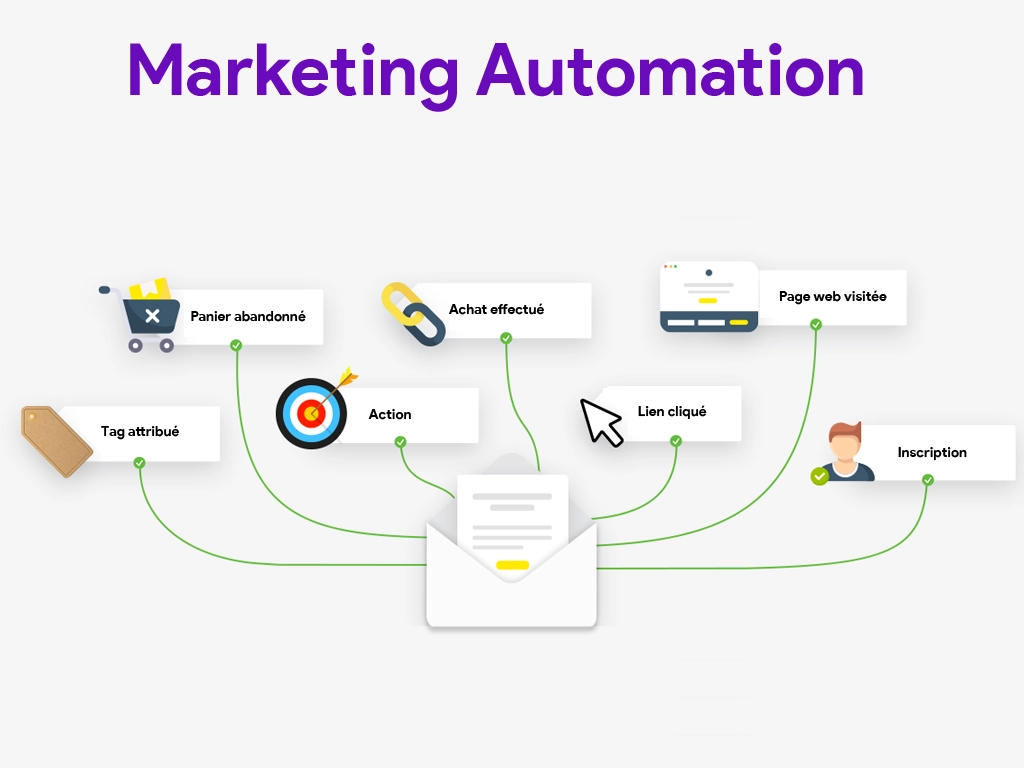
Marketing automation is a technology-driven approach to streamlining and automating marketing tasks and workflows, such as email campaigns, social media posting, lead generation, and customer segmentation. It involves using software tools and platforms to automate repetitive marketing tasks, personalize messaging based on customer data, track performance metrics, and optimize marketing efforts. The goal of marketing automation is to improve efficiency, increase revenue, and enhance customer engagement by delivering the right message to the right person at the right time.
Affiliate Marketing
Affiliate marketing is a type of performance-based marketing where individuals or businesses (affiliates) earn a commission by promoting another company’s products or services and driving sales or leads to that company. Affiliates typically promote the products through their own websites, social media accounts, or email lists, and are compensated based on a predetermined commission structure for each sale or lead generated.
The company providing the product or service to be promoted is known as the merchant. Affiliate marketing can be a cost-effective way for merchants to expand their reach and for affiliates to earn passive income.
Influencer Marketing

Influencer marketing is a type of social media marketing that involves partnering with individuals who have a significant online following (influencers) to promote a brand, product, or service. Influencers are typically people who have built a large following on social media platforms such as Instagram, YouTube, or TikTok due to their expertise, unique perspective, or engaging content.
Brands partner with these influencers by paying them to share sponsored posts, reviews, or endorsements with their followers. The goal of influencer marketing is to leverage the influencer’s credibility and reach to increase brand awareness, drive sales, and enhance customer engagement.
Branding And Brand Strategy
Branding in digital marketing refers to the process of creating a unique and memorable identity for a company or product in the digital space. It involves developing a consistent visual and messaging strategy across all online channels, including websites, social media platforms, email campaigns, and other forms of digital communication.
Effective digital branding can help differentiate a business from its competitors, build brand recognition and loyalty, and increase customer engagement and trust. It can include elements such as logos, color schemes, taglines, brand voice, and content strategy.
Event Marketing

Event marketing is a type of marketing strategy that involves promoting a product, service, or brand through the organization or sponsorship of an event. The event can be either physical or virtual and can take many forms, such as conferences, trade shows, product launches, webinars, and more.
Event marketing aims to provide a unique experience for attendees, generate buzz around the brand, and create opportunities for networking and lead generation. It can also help businesses deepen relationships with existing customers and increase brand awareness among new audiences.
Conversion Rate Optimization (CRO)
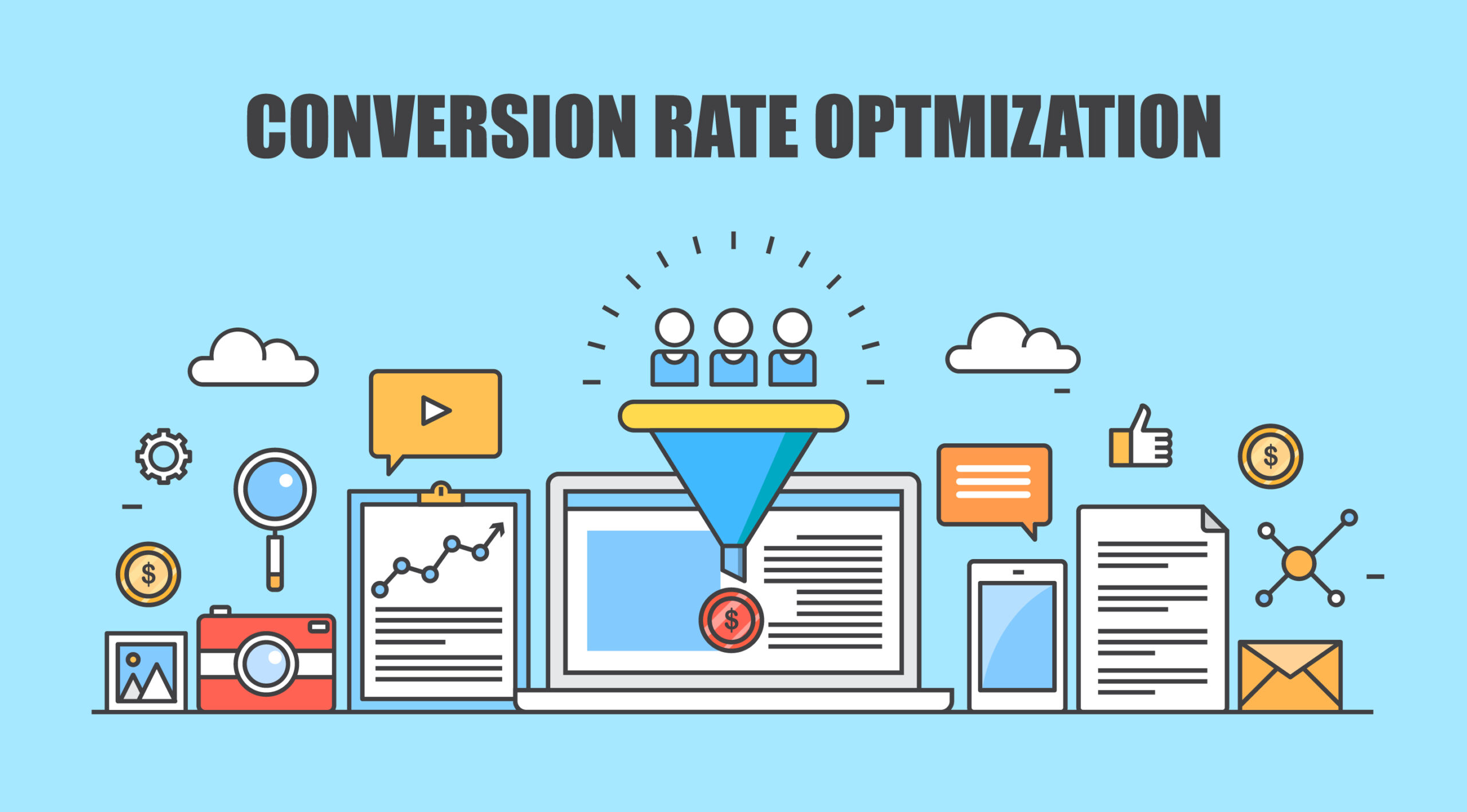
Conversion rate optimization (CRO) is the practice of improving the effectiveness of a website, landing page, or app in converting visitors into customers or achieving any other desired action on the site. CRO involves analyzing user behavior data and making changes to various elements on the site such as design, copy, and call-to-actions to increase the likelihood of visitors taking a desired action. The ultimate goal of CRO is to increase conversion rates and improve overall business performance.
E-Commerce

E-commerce refers to the buying and selling of goods or services online, through a website or other digital channels. In digital marketing, e-commerce typically involves utilizing various online marketing strategies such as search engine optimization (SEO), pay-per-click advertising (PPC), social media marketing, and email marketing to attract potential customers to an e-commerce website, convert them into paying customers, and retain their loyalty. The goal of e-commerce in digital marketing is to increase online sales, revenue, and profitability for businesses operating in the digital space.
Mobile Marketing
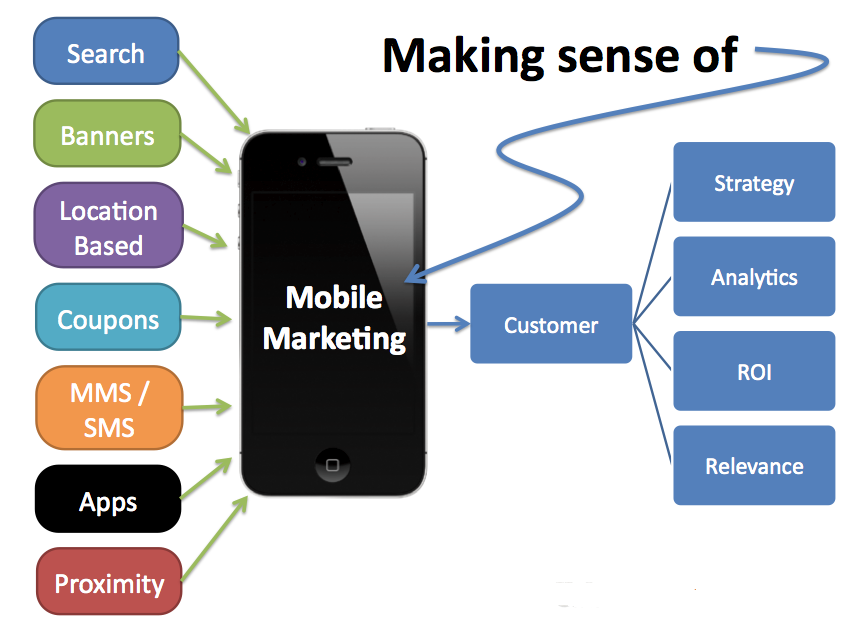
Mobile marketing refers to the practice of promoting goods or services to consumers through mobile devices such as smartphones and tablets. This can include various forms of advertising such as SMS and MMS messaging, in-app advertising, push notifications, mobile search ads, and mobile display ads. Mobile marketing is aimed at reaching consumers on the go, where they spend a significant amount of time on their mobile devices. The goal of mobile marketing is to increase brand awareness, drive traffic to websites or physical locations, and ultimately increase revenue for businesses.
How To Get Started In Digital Marketing
Getting started in digital marketing can seem overwhelming, but it doesn’t have to be. Here are a few steps you can take to start your journey:
Educate Yourself
Start by familiarizing yourself with the different aspects of digital marketing such as SEO, PPC, social media marketing, and content creation. There are tons of free online resources available that will help you learn more about these areas.
Build Your Skills
Once you’ve gained some knowledge about digital marketing, work on building your skills through practice. Create your own website or blog and experiment with various tactics and techniques.
Network
Join online communities where other marketers hang out so that you can get feedback on your work, ask questions and exchange ideas.
Find A Mentor
Having someone who has experience in the field to guide you is invaluable when starting out in any industry – look for a mentor who is willing to share their expertise with you.
Get Certified
Consider getting certified in one or more areas of digital marketing like Google Ads or Google Analytics; this shows potential employers that you’re serious about learning and improving yourself.
Remember that becoming proficient in digital marketing takes time and effort but don’t let it discourage you from pursuing this exciting career path!
FAQs
Digital marketing can be a complex subject, but it’s essential for businesses to understand the basics. Here are some frequently asked questions about digital marketing:
What is digital marketing?
What are the different types of digital marketing?
How does SEO work?
Why is social media important for digital marketing?
How do I get started in digital marketing?
Hopefully, these FAQs have given you a better understanding of what digital marketing entails!
Final Thoughts
Digital marketing is an ever-growing field that offers endless opportunities for businesses and individuals looking to establish their online presence. With the rise of digital technologies, it has become essential for businesses to adopt digital marketing strategies in order to stay ahead of the competition.
In this article, we have covered what digital marketing is, its different types, benefits, and drawbacks along with a list of digital marketing skills required to succeed in this field. We have also provided tips on how to get started in Digital Marketing and answered some frequently asked questions regarding the same.
It’s important to remember that while there are many advantages associated with Digital Marketing, there are also certain challenges that one may face. However, understanding these challenges and developing the necessary skills required for success in this field can help you overcome those hurdles.
Whether you’re a business owner or a marketer looking to enter into the world of Digital Marketing, our comprehensive guide will provide all the information needed for successfully navigating through this exciting industry. So go ahead and take your first step toward mastering Digital Marketing today!
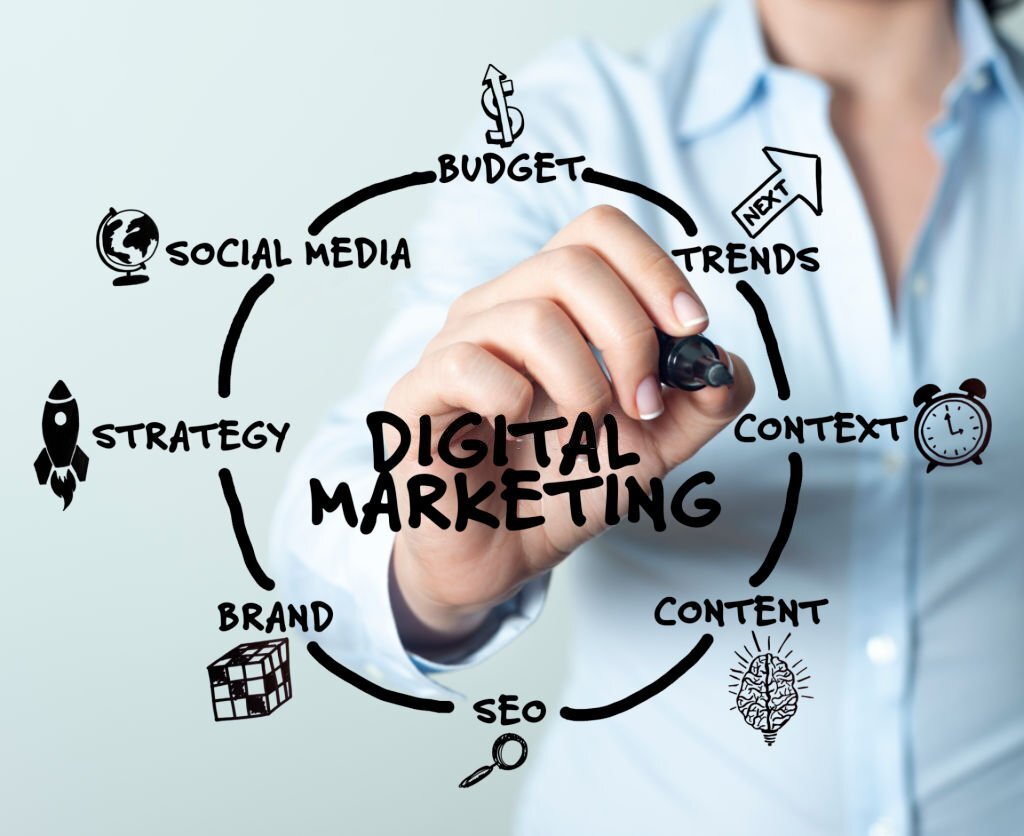






[…] What Is Digital Marketing – Everything You Need To Know Now […]
[…] What Is Digital Marketing – Everything You Need To Know Now […]
[…] What Is Digital Marketing – Everything You Need To Know Now […]